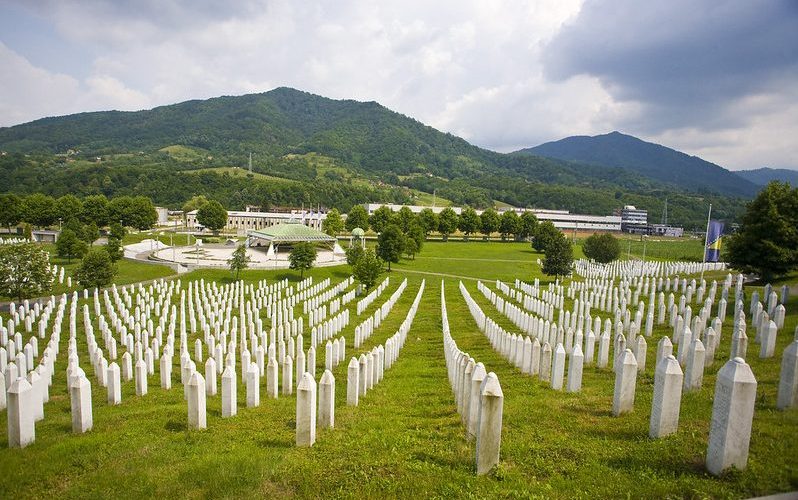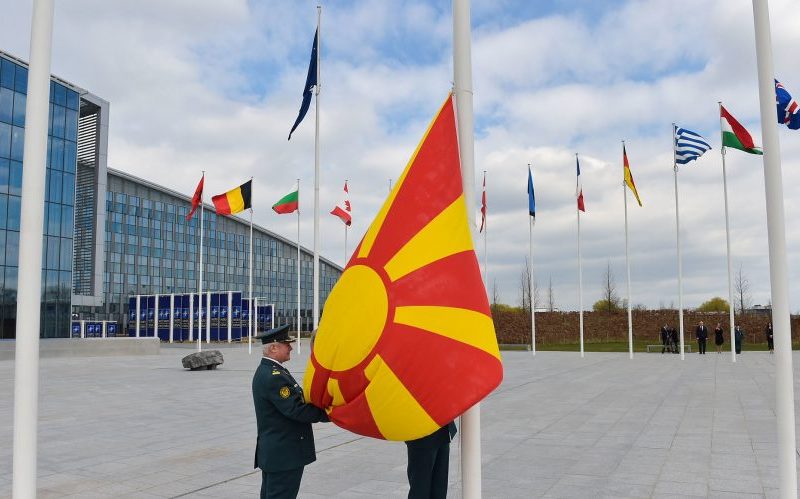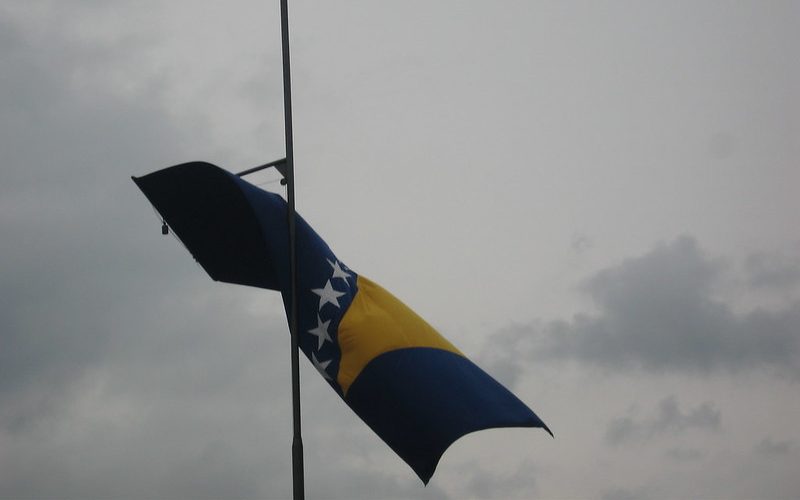
The Breakup of a State: The Balkan Model of the Holocaust
Only a few decades after World War II, the international community largely failed in its role as an intermediary in the war that followed the breakup of Yugoslavia. On the doorstep of the 21st century, new genocides took place in Europe with the ethnic cleansing in Srebrenica, Prijedor, Foca, Bratunac, Sarajevo, as well as all the occupied places and cities under siege in the Republic of Bosnia and Herzegovina. The terrible events in Srebrenica left a black shadow on European history. According to the International Committee of the Red Cross, 7.079 Bosnian Muslims were killed in Srebrenica between July 12 and 16, 1995, in what turned out to be the worst genocide in modern Balkan history.

Unresolved Historical Issues: North Macedonia’s Two Decades on the European Porch
It has been 18 years since the Republic of North Macedonia received the status of a candidate country for EU accession. The children born on the historical day when North Macedonia became an official EU candidate are coming of age this year and are on the doorstep of the student campuses. Yet, even though new constitutional changes have been set in place in favor of the neighbors, it is unclear when North Macedonia will join the EU.

Bosnia’s Flawed Response to EU Enlargement and “Mini-Schengen”
In 2019, the President of Serbia Aleksandar Vucic announced that he, along with Prime Minister of Albania Edi Rama and the Prime Minister of North Macedonia Zoran Zaev, signed a declaration of intent to establish the free movement of people, goods and capital between these three countries in the Western Balkans – a Mini-Schengen, they called it. The response of Bosnia and Herzegovina to the initiative was flawed, to say the least.

